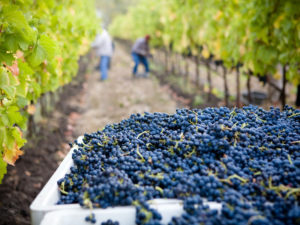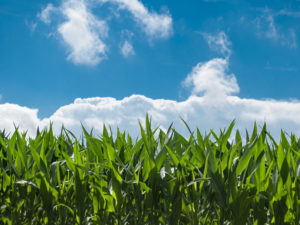Learn About Food Sovereignty
According to the Declaration of Nyéléni, the first global forum on food sovereignty in Mali in 2007, “food sovereignty is the right of people to healthy and culturally appropriate food produced through ecologically sound and sustainable methods, and their right to define their own food and agriculture systems.”
Essentially, the concept of food sovereignty refers to a movement advocating for a global shift in agricultural systems towards local, sustainable and regenerative systems, in which indigenous practices and harmony with nature is valued. Food sovereignty is in opposition to the current industrial model of agribusiness which exploits labor, relies on dangerous chemicals and environmentally unsafe practices, disconnects consumers from producers and the natural environment, and values profit above all else.
The six essential principles of food sovereignty are as follows:
- Food sovereignty focuses on sufficient, healthy and culturally appropriate food for all people.
- Food sovereignty values food providers and producers and their well-being.
- Food sovereignty localizes food systems so that consumers and producers within the local area are at the center of decision making, rather than agribusinesses and corporations.
- Food sovereignty respects the rights of local food producers to manage and share natural resources in sustainable ways and rejects the privatization and exploitation of those resources.
- Food sovereignty also builds on the knowledge and skills of local producers and indigenous peoples which have conserved natural resources for generations, rather than unsustainable, industrial technologies which undermine the health and well-being of future generations.
- Food sovereignty strives to be in harmony with nature, and thus create local food systems that are resilient, integrated with nature and adaptable, especially in the face of climate change.
Since the food sovereignty movement advocates for local, sustainable food systems, food sovereignty is an important part of combating climate change. In fact, according to the Climate Justice Alliance, currently around 50% of greenhouse gas emissions come from the global food system.
Learn more about food sovereignty with these resources:
And learn about food sovereignty initiatives right here in Northeastern Minnesota under the Food Sovereignty section of our Community Initiatives page.
Did you take this action? Report it!
Help us show our collective community impact by reporting that you took this action.



